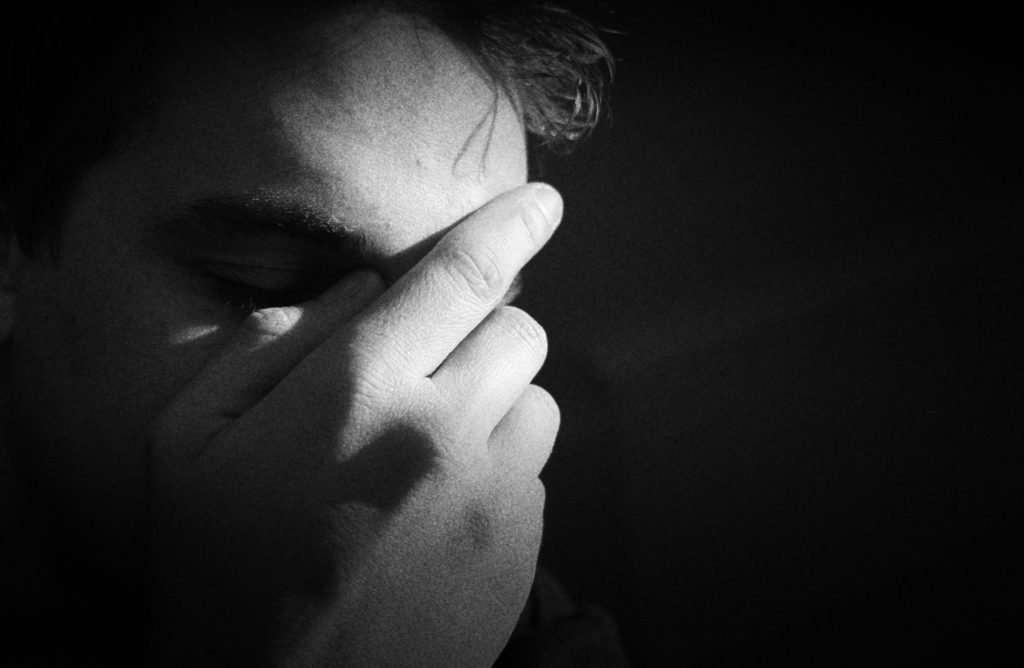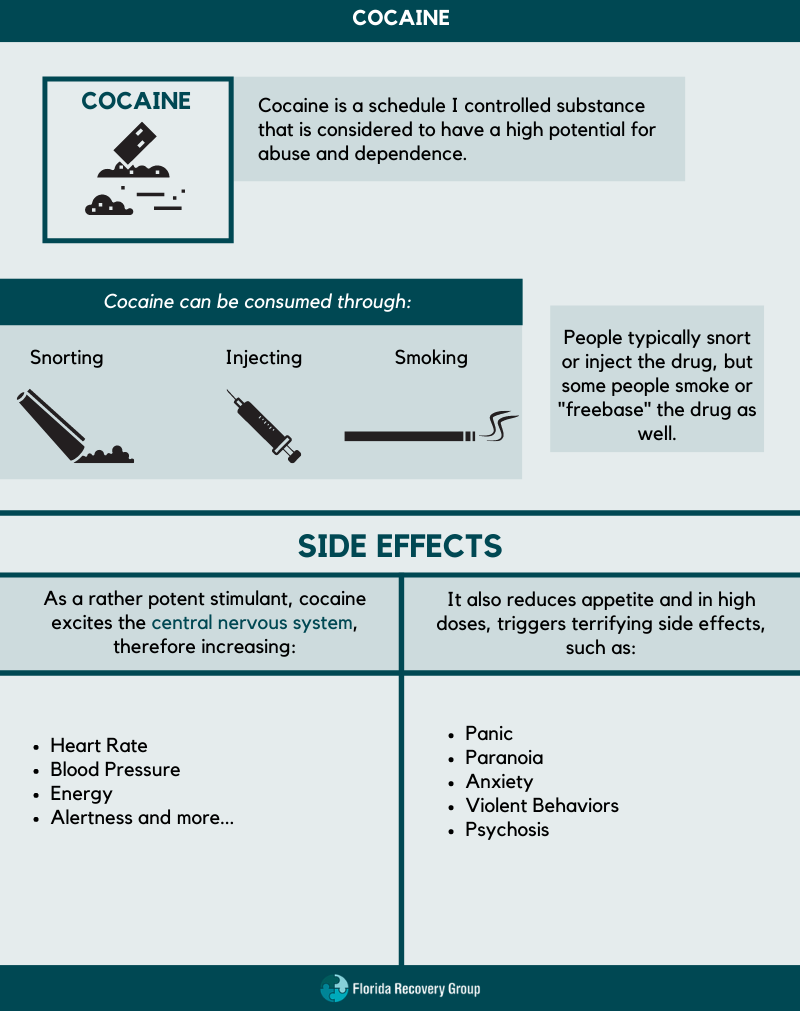
25 May Signs of Cocaine Use
Often times when we’re worried about a loved one, we don’t immediately know exactly what’s wrong with them. We notice changes in behavior, physicality, and health, but we don’t always know what is causing these changes. If you suspect a loved one of drug abuse, it’s crucial to help them get the counseling that is specifically designed to treat their habit, and thus it helps to know what drug they are abusing. Cocaine is a very well-known and popular drugs and its glorification in television and film make it a common drug to abuse among young people.

Behavioral Shifts
Cocaine is a stimulant, meaning that it raises your heart rate and makes you very excited. Someone on cocaine seems pumped full of energy and may be experiencing extreme levels of happiness or feelings of invincibility. However, this comes along with a certain level of delusion and hallucinations, which can have dangerous effects. Cocaine users will also often have an odd sleep schedule, as the drug causes insomnia, and they will have little to no appetite.
Physical Changes
Cocaine is typically abused by being snorted in powder form. If someone you know has white powder surrounding their nostrils, cocaine is the likely culprit. Because it is inhaled through the nose, cocaine abusers will also exhibit runny noses and nosebleeds. If you notice track marks on someone’s arm, cocaine injection could be the reason why (in that case, also be wary of other drugs, such as heroine). Additionally, pupils of someone high on cocaine will be completely dilated, making their irises appear black rather than their natural color.
The Crash
The intense high that cocaine produces is naturally followed by an intense low. After a long period of cocaine use, abusers can experience depression, agitation, exhaustion, abnormally long periods of sleep, and a general listlessness. If someone you love who is typically happy and enthusiastic develops patterns of apathy and sadness, you may want to take note of the behaviors that could be causing this, such as cocaine abuse.
Long-Term Symptoms
Someone who has abused cocaine over a long period of time is constantly trying to chase the high they experienced the first time they used the drug. As their tolerance builds, they must use more and more in order to get the same satisfaction. With increased use comes increased risk and decreased reward, so long-term users can suffer from the same depression and exhaustion one would feel in a crash period, but for a prolonged period of time.
If any of this sounds like someone you know, consider doing further research into cocaine addiction. Better yet, contact a reliable facility, like Florida Recovery Group, if you have questions on how to help those you love in the best way possible and get them the appropriate treatment.





